Maruti Aims To Make 1,500 Service Stations EV-Ready Before the e-Vitara Electric SUV's Launch
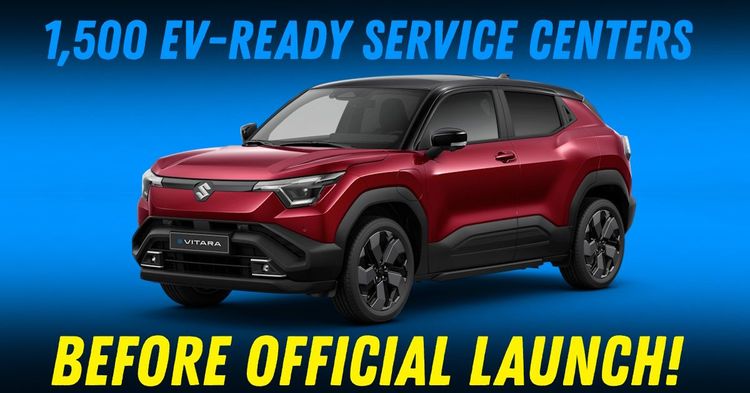

Maruti Suzuki is laying the groundwork for its electric future with a bold service network expansion plan aimed at supporting the launch of its first electric SUV, the e-Vitara, due in early 2025. The company will equip 1,500 workshops across India to handle electric vehicle servicing while aiming to scale its total number of service touchpoints to 8,000 by April 2031.
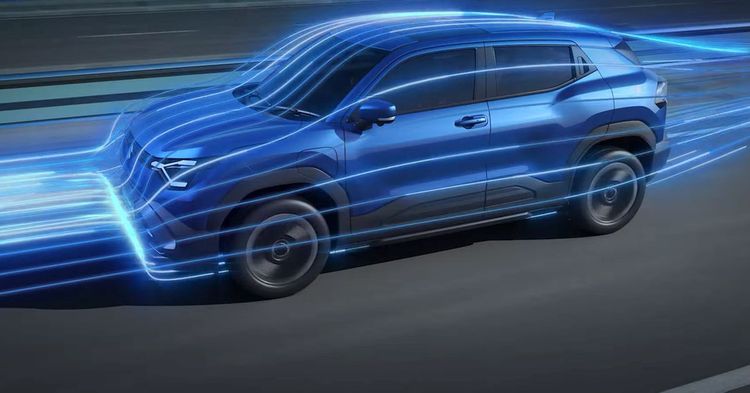
This initiative signals a strategic shift as the country’s largest carmaker transitions towards electrification. While many manufacturers focus on production and charging infrastructure, Maruti is putting after-sales service at the heart of its EV strategy.
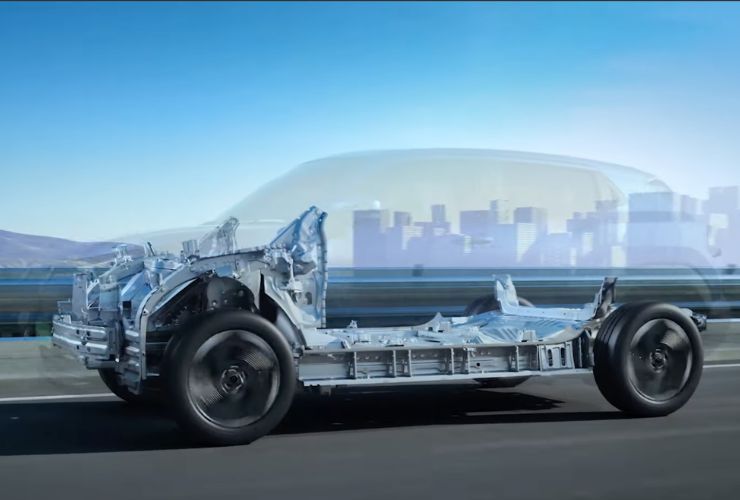
Unlike traditional petrol or diesel cars, EVs require a fundamentally different approach to service and repair. High-voltage components, battery diagnostics, and specialised safety protocols mean mechanics need to be retrained and re-equipped. Recognising this gap, Maruti’s EV workshop programme aims to build consumer trust and ensure its dealer network is ready before the e-Vitara rolls out.
The company currently operates over 5,400 service outlets. With EV adoption still largely limited to major cities, this new plan focuses on setting up EV-ready facilities in 1,500 of these locations to begin with. These centres will include trained personnel, specialised tools, and safety procedures tailored to electric drivetrains.
To meet future servicing needs, Maruti is also investing in technician training at scale. It has partnered with 130 Industrial Training Institutes across 24 states and Union Territories to run EV and hybrid vehicle courses. These programmes will train over 4,000 students annually on high-voltage systems, safety handling, and diagnostics.
By training both future mechanics and faculty members, Maruti hopes to create a steady pipeline of EV technicians who can support the new network. The training initiative has been backed by the donation of EV-specific equipment and tools to participating ITIs, with plans to expand to more locations in the coming years.
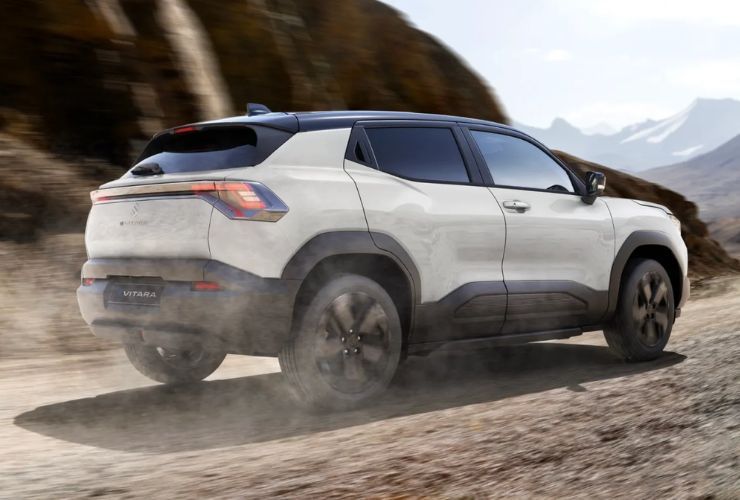
At present, nearly 90 percent of India’s EV sales are concentrated in just 100 cities. Maruti Suzuki’s long-term goal is to extend its EV-ready network to 1,000 cities. This expansion aims to eliminate the hesitation many potential buyers feel about owning an EV in smaller towns or Tier 2 and Tier 3 markets, where service access is currently limited.
The availability of skilled service personnel in these areas could prove to be a turning point, especially as Maruti brings out electric models that target a broader audience rather than just urban early adopters.
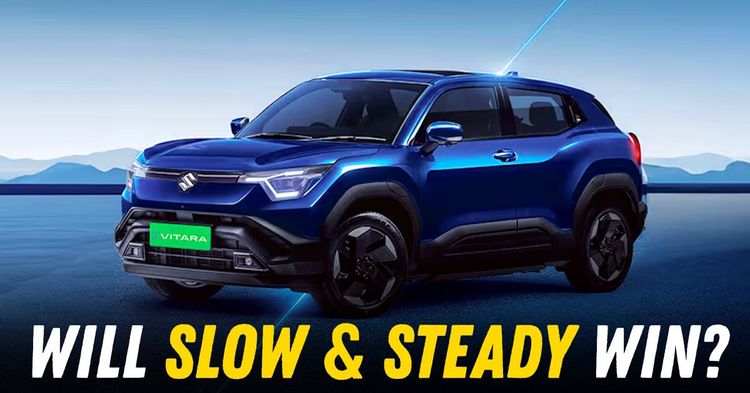
The upcoming e-Vitara SUV, first showcased at Auto Expo 2023, is expected to offer up to 400 km of range and will compete with models like the Hyundai Creta EV and Tata Curvv EV. With pricing likely to start at around ₹20 lakh, the e-Vitara marks Maruti’s first entry into a new EV category where expectations around service and reliability are much higher.
Rather than reacting to problems post-launch, Maruti’s approach is to anticipate customer needs in advance. Ensuring that a trained technician and EV-compatible workshop are available in smaller towns may be just the reassurance buyers need to switch to electric.
Maruti Suzuki's EV-centric expansion is not just about rolling out one car. It is about laying the foundation for a broader shift towards electrification, with service as the support beam. If the company can successfully meet its 8,000-service-outlet target by 2030–31, with 1,500 of those ready for EVs, it will have created a network few other automakers in India can match.
This early investment in infrastructure could help Maruti turn its EV debut from a cautious experiment into a scalable success.